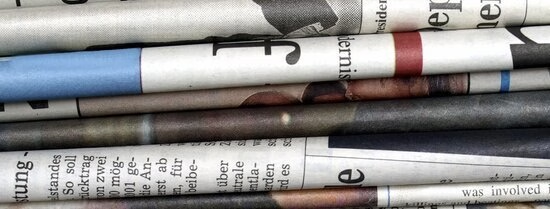The Online and Offline Evaluation of Popular Music and Fiction Books
Traditionally, critics from traditional media had a central function as ‘gatekeepers of taste’: they determined which cultural products received attention and how these were valued. The audience trusted them to have the experience and expertise to make well-founded choices. However, with the advent of the Web 2.0, audiences themselves can now produce, share and discuss their opinion of cultural products online in comments, ratings and reviews, which provide an alternative for professional reviews, particularly among young audiences. In addition, nowadays audiences increasingly combine preferences for traditionally ‘highbrow’ and popular culture, and less often follow the judgements of professional critics.
These developments have prompted some debate on the authority and future of the institutionally embedded critic. Who do we nowadays trust to determine which books and pop music albums are worth devoting our time to? What roles do institutional embedment and taste agreement play in these choices? How does the authority of an online amateur critic relate to the legitimacy of a professional critic who works for a newspaper? By means of a survey, analyses of both literature and pop music reviews and interviews with critics and different audience groups, this study aims to answer these questions and shed light on who we grant authority nowadays and why and on what bases we do this. Who is nowadays considered to be an expert in the cultural field?
Research team
Rian Koreman MSc
PhD Candidate
Prof. dr. Susanne Janssen
Promotor
Dr. Marc Verboord
Co-promotor
This project was funded by NWO
Funding
For more information about the funding, please see the NWO website.
